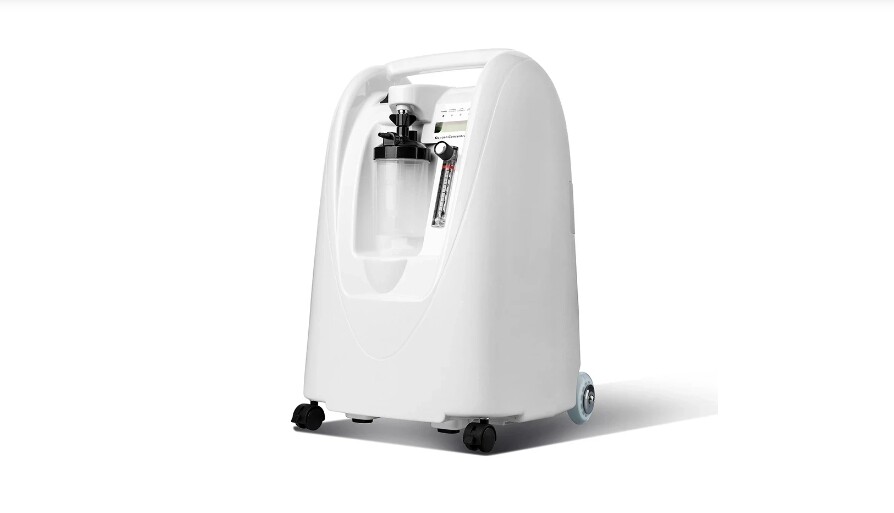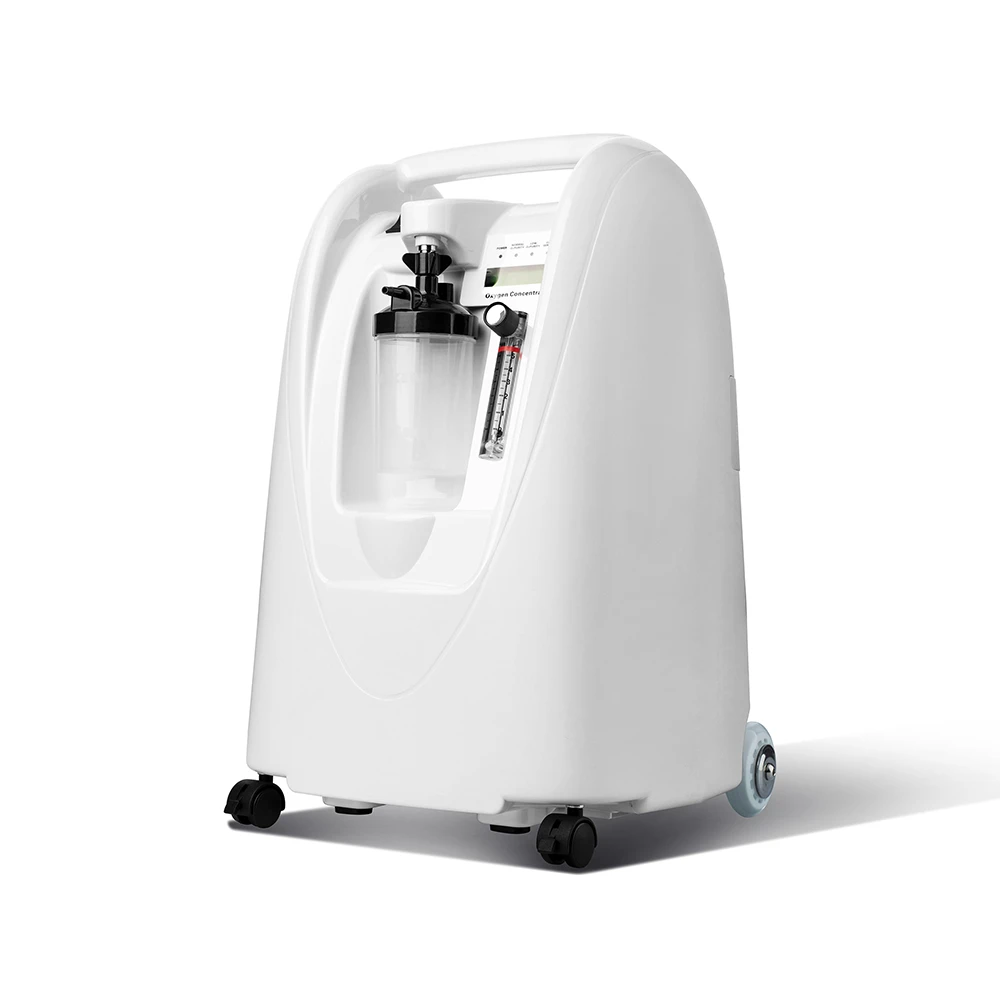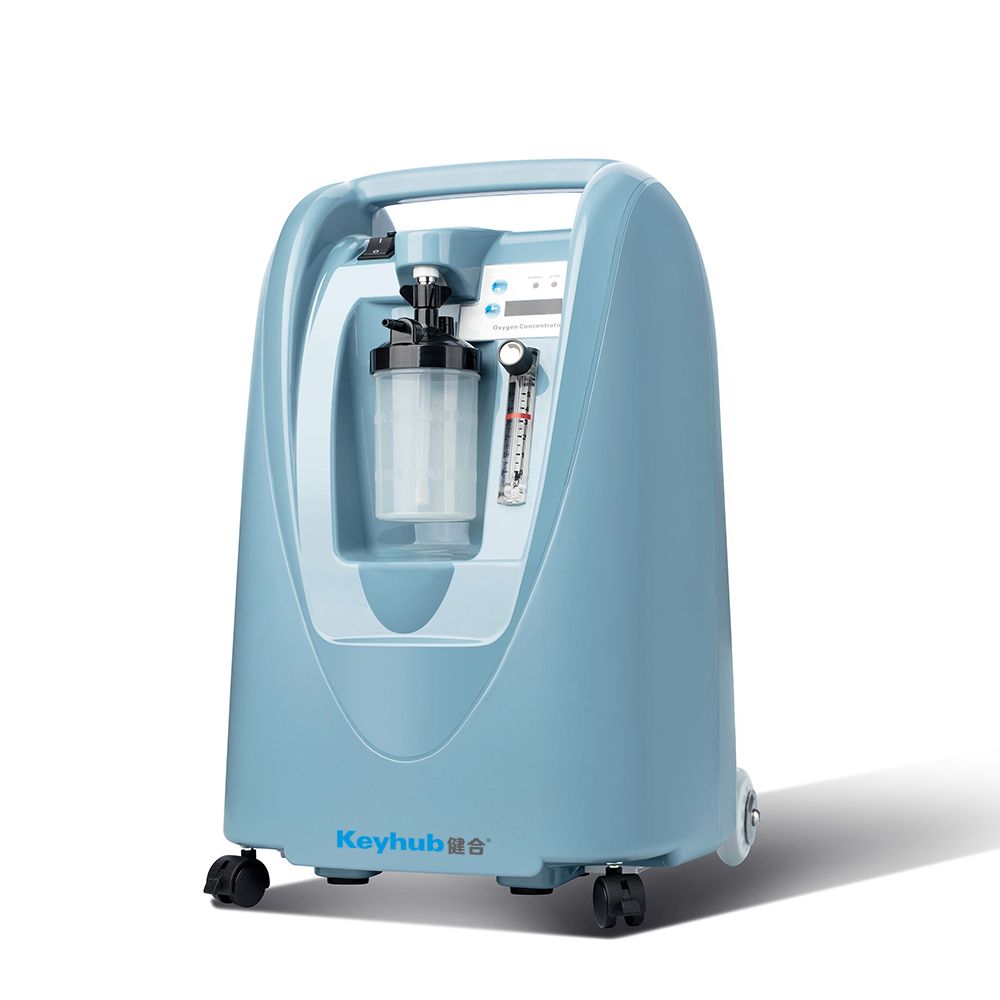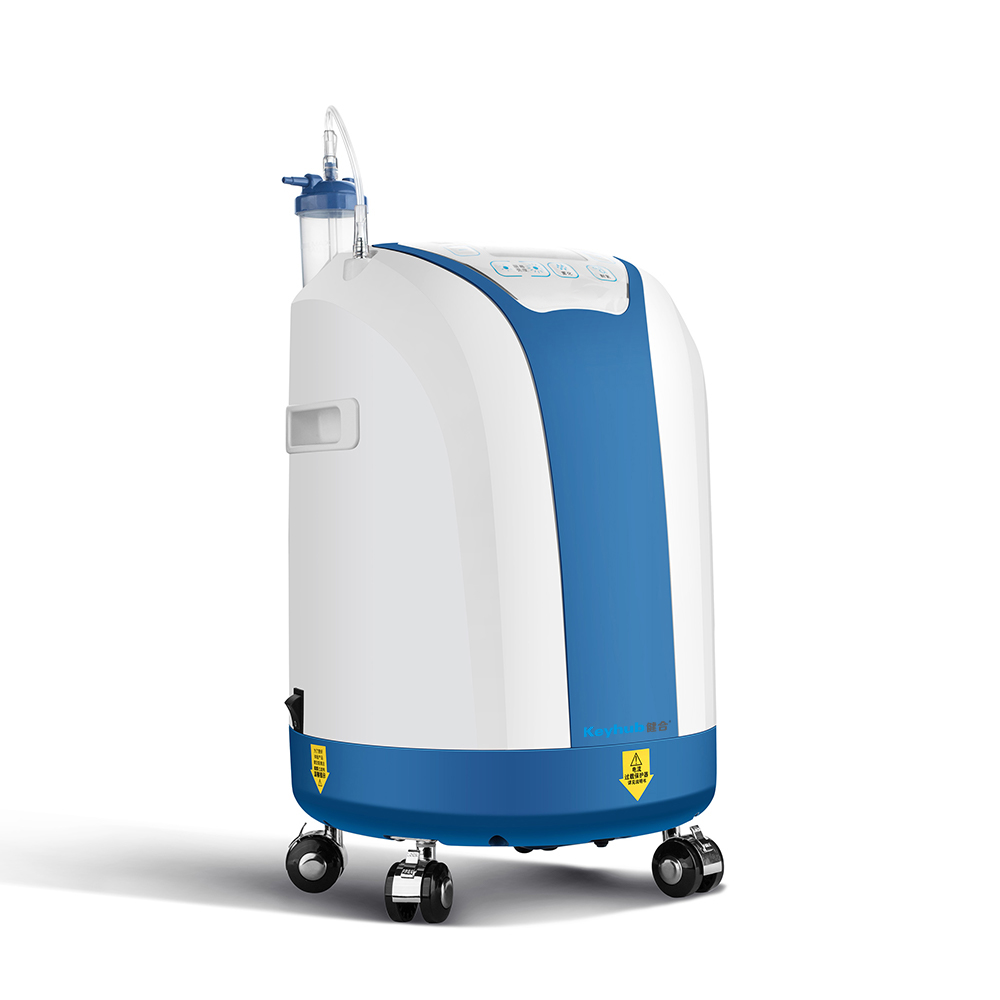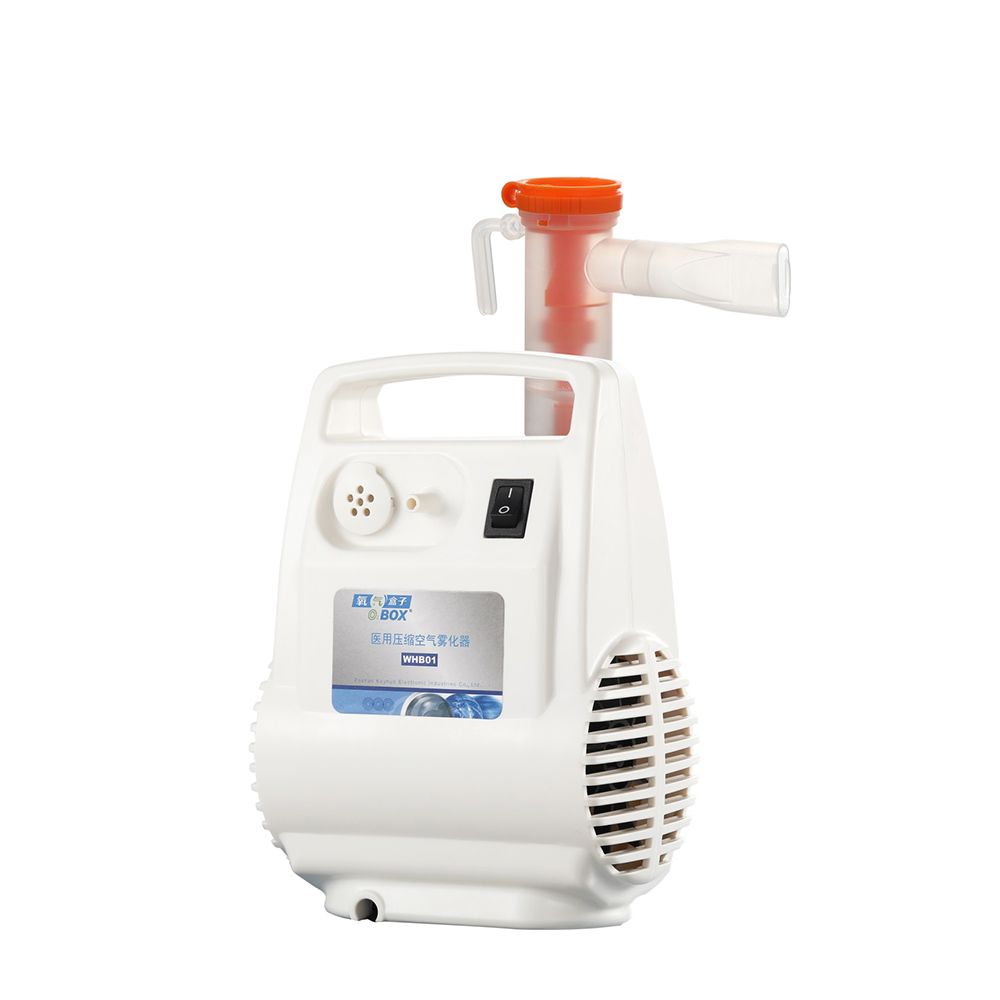The search for an oxygen concentrator is pivotal for those dependent on supplemental oxygen due to respiratory conditions. Selecting the right device involves assessing several crucial features that directly influence its performance and effectiveness in delivering a steady supply of oxygen.
Oxygen Output and Flow Rate
One of the foremost factors is the concentrator's oxygen output capacity, measured in liters per minute (LPM). The output determines the device's ability to deliver the required volume of oxygen to the user.
Portability and Size
Evaluate the device's size and weight, especially if portability is a priority. Compact portable oxygen concentrator offers flexibility, enabling users to maintain their daily activities without being tethered to a stationary unit. Compact designs with lightweight features are ideal for individuals who travel frequently or require mobility within their homes.
Noise Level
The noise emitted by an oxygen concentrator can vary significantly among different models. Consider quieter models, particularly if noise sensitivity is a concern. Lower decibel levels can contribute to a more peaceful environment, especially during nighttime use or in shared living spaces.
Energy Consumption and Power Source
Assess the power consumption of the concentrator to understand its impact on utility bills and battery life, especially for portable oxygen concentrator . Check if the device supports multiple power sources (AC/DC power, battery) for increased flexibility and uninterrupted use.
Oxygen Purity and Concentration Levels
Oxygen concentrators typically deliver oxygen concentrations between 87% to 95%. Higher oxygen purity ensures efficient therapy and better health outcomes for users.
Durability and Maintenance
Look for durable build quality and ease of maintenance. Quality materials and reliable construction contribute to the concentrator's longevity and reliability. Consider ease of cleaning and accessibility of filters for regular maintenance, which is crucial for optimal performance.
User Interface and Controls
An intuitive and user-friendly interface simplifies operation, making it easier for individuals, including seniors, to manage the concentrator without hassle. Clear controls and display screens enhance usability and provide essential information about the device's functioning.
Alarm Systems and Safety Features
Safety features such as oxygen monitoring, overheating protection, and automatic shutdown mechanisms are also vital for user safety and peace of mind. Whether it is a standard oxygen concentrator, a compact portable oxygen concentrator, or a travel oxygen concentrator, it should be equipped with an appropriate alarm system that can alert the user to potential problems such as low oxygen output, power failure, or system failure.
When choosing an oxygen concentrator, it is important to understand the key features above and their impact on performance. Prioritize the user's specific medical needs, lifestyle requirements, and comfort to make informed decisions while ensuring reliable and efficient oxygen therapy.
Check out the frequently asked questions to deepen your understanding.
Can users use an oxygen concentrator without a prescription?
No, it's imperative to obtain a prescription or recommendation from a qualified healthcare professional before using an oxygen concentrator. They determine the required oxygen flow rate and duration based on individual medical conditions.
What should I consider when using an oxygen concentrator at high altitudes?
At higher altitudes, the concentration of oxygen in the air decreases. It's crucial to consult with healthcare providers regarding adjustments to the flow rate to compensate for reduced oxygen levels. Certain concentrators have altitude adjustment features to address this issue.
How long do oxygen concentrators last, and when should I consider replacing one?
The lifespan of an oxygen concentrator can vary depending on usage and maintenance. Generally, these devices can last for several years with proper care. Consider replacing a concentrator if it shows signs of decreased oxygen output, persistent malfunctions, or when it no longer meets your prescribed oxygen requirements.
Are there specific maintenance requirements for oxygen concentrators?
Yes, regular maintenance is crucial for optimal performance. This includes cleaning or replacing filters as per the manufacturer's instructions, keeping the device in a well-ventilated area, and adhering to scheduled maintenance checks outlined in the user manual.
Keyhub has been professionally dedicated to R&D, production, and marketing of various oxygen concentrators which include homecare, hospital, Industrial, and other fields. With abundant experienced, industrious, and hardworking staff members, we can meet various requirements from different types of customers including OEM and ODM service or any other customized requirements. Now contact us for more details.


